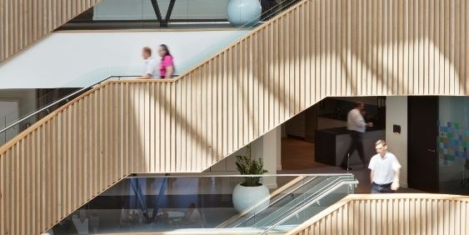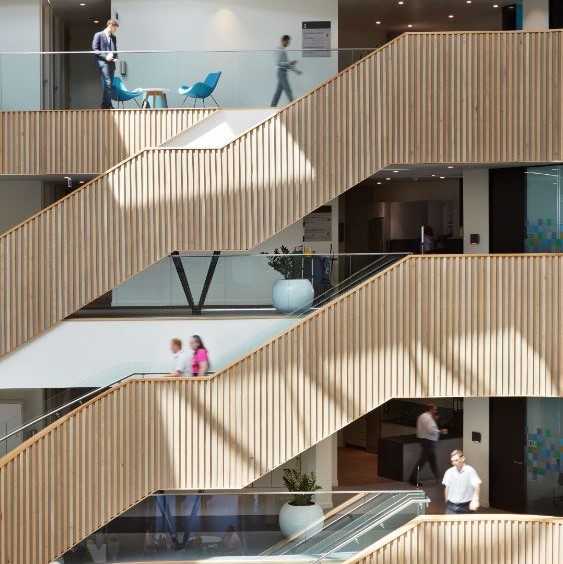To provide the best experiences, we use technologies like cookies to store and/or access device information. Consenting to these technologies will allow us to process data such as browsing behaviour or unique IDs on this site. Not consenting or withdrawing consent, may adversely affect certain features and functions.
The technical storage or access is strictly necessary for the legitimate purpose of enabling the use of a specific service explicitly requested by the subscriber or user, or for the sole purpose of carrying out the transmission of a communication over an electronic communications network.
The technical storage or access is necessary for the legitimate purpose of storing preferences that are not requested by the subscriber or user.
The technical storage or access that is used exclusively for statistical purposes.
The technical storage or access that is used exclusively for anonymous statistical purposes. Without a subpoena, voluntary compliance on the part of your Internet Service Provider, or additional records from a third party, information stored or retrieved for this purpose alone cannot usually be used to identify you.
The technical storage or access is required to create user profiles to send advertising, or to track the user on a website or across several websites for similar marketing purposes.
 Banning email outside of normal office hours could do more harm than good to employee wellbeing, a new study suggests. The newly published research, led by the University of Sussex, states that while blanket bans could help some workers to achieve certain goals, they could impede other employees’ progress towards their own targets. (more…)
Banning email outside of normal office hours could do more harm than good to employee wellbeing, a new study suggests. The newly published research, led by the University of Sussex, states that while blanket bans could help some workers to achieve certain goals, they could impede other employees’ progress towards their own targets. (more…)


































